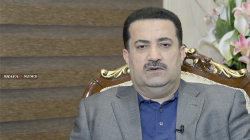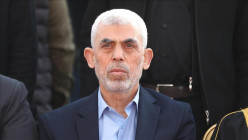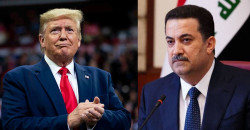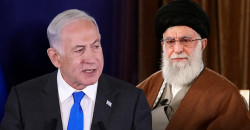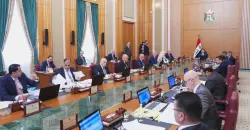Iran likely did not order drone attack on Iraqi prime minister, current, former U.S. officials say
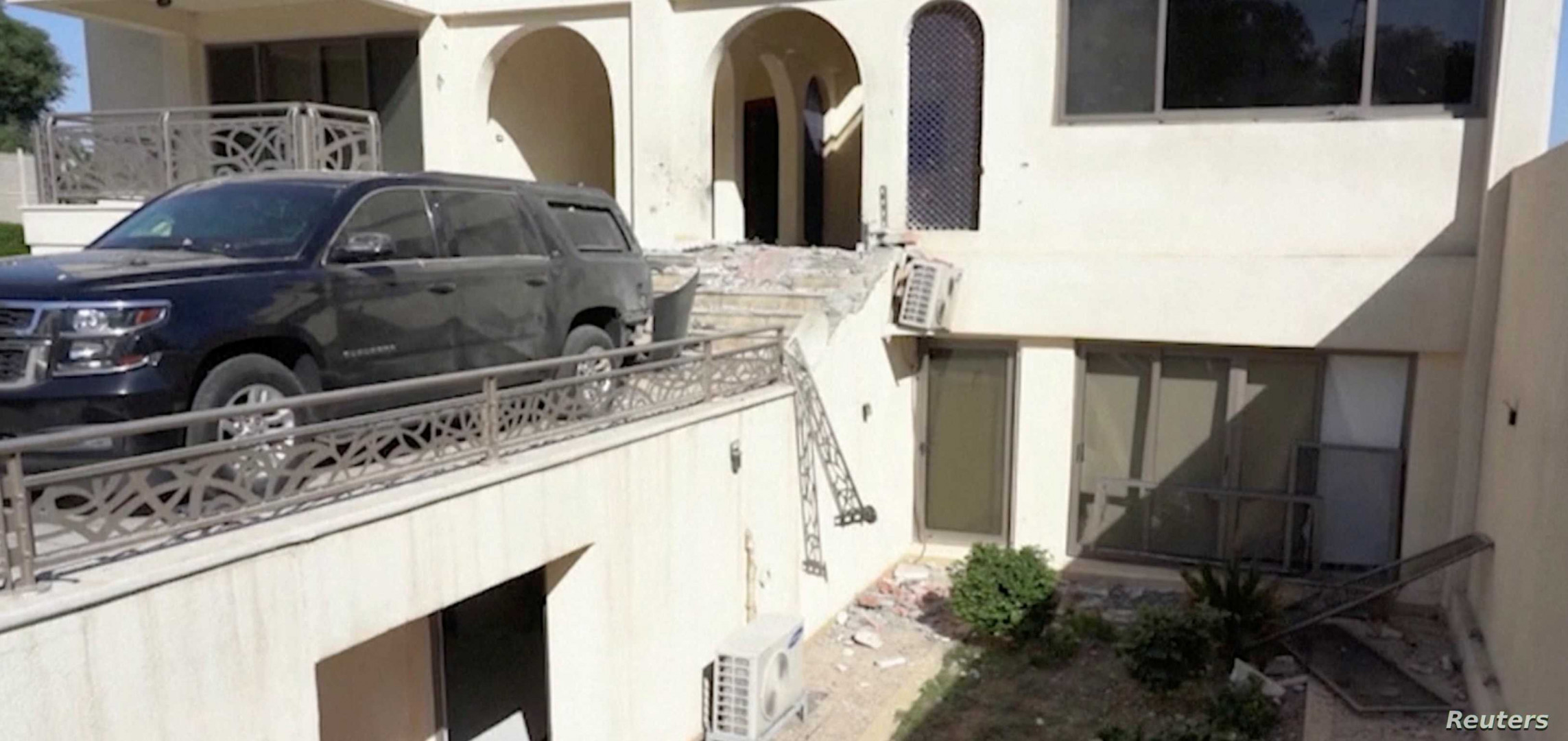
Shafaq News/ Iran likely did not sanction a recent drone attack on the Iraqi prime minister though it was almost certainly carried out by Shiite militia forces that Tehran has armed and supported, current and former U.S. officials told NBC News.
The apparent failed assassination attempt illustrated how Tehran has struggled to corral quarrelling Shiite militia leaders in Iraq since the U.S. killed a key militia figure and a top Iranian general, Qassem Soleimani, in January 2020, said a senior U.S. defense official and two former senior U.S. officials.
"It's fair to say that Iran does not have as much control over these groups since Soleimani was killed," the defense official said.
At least two quadcopter drones armed with explosives targeted the residence of Prime Minister Mustafa al-Kadhimi in Baghdad in the early morning hours of Nov. 7, but Kadhimi escaped without injury. The explosion blew doors off hinges and smashed concrete stairs on the outside of the building, according to images released by Iraqi authorities.
Iran condemned the attack and has denied any role in it.
The drones' design and components resembled other quadcopter drones used by the Iranian-backed militias since July 2020, including a number of failed attacks on the U.S. embassy compound, current and former officials and regional experts said.
The militias have been at odds with Kadhimi who has sought to marginalize the Iranian-backed groups, and their political candidates fared poorly in parliamentary elections last month. The militias organized protests after the Oct. 10 election alleging the vote was fraudulent, without providing evidence.
Gen. Frank McKenzie, the head of U.S. Central Command, blamed the attack on Iranian-backed militia earlier this week and current and former U.S. officials say the weapons used, the tactics and the target all point to the Iranian-backed militias.
Iran's relationship with its proxies in Iraq and elsewhere in the Middle East, is deliberately opaque, giving Tehran a way to deny responsibility for attacks carried out by partners it has armed and trained. But in this case, it appeared the assassination attempt was not sanctioned by Iran, according to current and former officials.
Douglas Silliman, who served as U.S. ambassador to Iraq from 2016 to 2019, said that the assassination of Iraq's prime minister appeared not to be in Iran's strategic interests, as it would risk unleashing a volatile chain of events on its border.
"I would be very surprised if Iran ordered a drone strike on Kadhimi. Iran does not want to see a completely destabilized Iraq. They simply want an Iraq that is off balance enough that they can have significant influence, both political and economic," said Silliman, now the president of the Arab Gulf States Institute think tank in Washington.
The head of the Iranian Revolutionary Guard Quds Force, Brig. Gen. Esmaeil Qaani, paid a surprise visit to Baghdad immediately after the attack, reportedly calling for calm and national unity. Qaani is the successor to Soleimani. Soleimani was killed in a U.S. strike in Baghdad along with Abu Mahdi al-Muhandis, who was the deputy commander of Iraq's Popular Mobilization Forces and the de facto leader of the pro-Iranian militias.
Qaani is believed to exert less influence than Soleimani, who spoke Arabic and had years of experience with the Iraqi militias, and no militia figure has attained the authority that Muhandis enjoyed, according to Silliman and regional analysts.
The absence of Soleimani and Muhandis has triggered a power struggle among the militia leaders that is still unfolding, Silliman said.
"I think the tension is as much among the leadership of Iraqi Shia militia leaders as it is between the militias and Tehran," Silliman said.
The militias have made a series of political missteps and struggled to maintain their influence since the death of Soleimani and Muhandis, said Michael Knights, a fellow at the Washington Institute for Near East Policy who closely tracks the groups.
"Since then, the wheels have come off," Knights said.
Norm Roule, who served for 34 years in the CIA and worked on programs related to the Middle East, said Iran's proxies in Iraq are not "a monolith" and competition among the militias could generate more violence.
"Indeed, as their political evolution continues, Iran is likely to reduce support for some in favor of others. The former groups won't just go away and this will be a problem for everyone," Roule said.
The attack also raised questions as to why U.S. or allied intelligence agencies did not catch wind of the attack in advance and whether Washington should be providing more security assistance, including counter-drone technology, to protect the safety of top Iraqi officials, former officials and experts said.
"The attack also showed that Iraqi and Western intelligence remains insufficient on Iran's proxies in Iraq," Roule said.
"If we are to be committed to Iraq's stability and preventing similar attacks in the future, the U.S. and other partners must improve their understanding of militia plans and intentions," he said.
The CIA and the White House National Security Council declined to comment.
President Joe Biden condemned the "terrorist attack," demanding the perpetrators be held accountable for an assault on Iraq's democratic process.
"I have instructed my national security team to offer all appropriate assistance to Iraq's security forces as they investigate this attack and identify those responsible," Biden said in a statement.
While the attack on the Iraqi prime minister did not necessarily serve Iran's strategic goals, Tehran shared some responsibility for the attack given its long-established support for the militias, Roule said.
Roule said "while it may well be that Iran did not order the attempt against Kadhimi, we should not lose sight of the fact that Iran created, trained, sustained, and guides the groups most likely behind this attack. For this reason, at the very least, Iran bears some responsibility for this attack."
Source: NBC News
